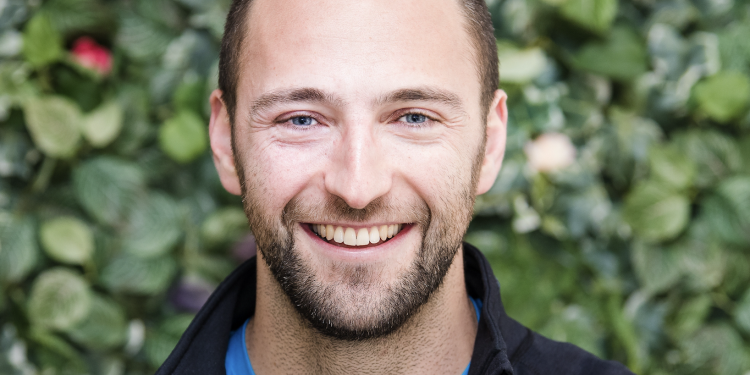YuLife’s app-based approach to protection, engagement and reward majors on supporting employers in driving a sense of community through their organisation. For co-founder and COO Sam Fromson, there are strong parallels with what YuLife strives to do in the secular world of the workplace and his own experiences as a rabbi.
Fromson says: “My own experiences of building a community, caring for people and understanding people at different stages of their life have shaped my understanding of how to create things that that matter to people, and use that to connect with people in a secular environment.”
For Fromson, there are evident parallels between religion and workplace engagement. Engagement without purpose is pointless, he argues – and for corporates, there has to be a positive purpose to the organisation’s goals for staff to become fully motivated and engaged.
“Engagement in of itself is not the end goal,” he says. “It’s something it’s to facilitate something higher, something more meaningful. [In the workplace] it’s about using the app as a tool to take people on a journey across everyday health and happiness, everyday wellbeing, simple steps to improve their habits.
“In religion you are storytelling,” he says, adding that that is what the YuLife client proposition attempts to do. “You’re giving people narratives that help make sense of what they’re doing and why they’re doing it. Religious communities have been the mainstay of civilization for a very long time. Today, the people you’re seeing on a daily basis are the ones you’re working with. And that community, the community that a company cultivates within its team, has to fulfil some of those needs or people end up bereft.”
Fromson points to Maslow’s hierarchy of needs, the American psychologist’s idea which portrays humans’ needs in the shape of a pyramid, the lower level of which comprises the most important basic needs – esteem, friendship and love, security and physical needs. These must be met before higher-level needs can be achieved.
“Maslow’s hierarchy of needs is very much at the back of my mind constantly when I think are we sure people [within our organisation] feel safe in their tasks, and that they’re feeling that potential to work to their maximum capability.”
For Fromson, the workplace needs to do more to replace social structures that have been eroded by the atomisation of our society. And with remote working diminishing that sense of workplace community, the need to promote workplace cohesion is even greater.
“Circumstances have changed so drastically over the last two years that you have to be really mindful as to how you’re going about building that company culture and what it really means for people to feel valued people, people to feel connected to their colleagues, people feel connected to the mission of the business, people to feel that the company cares about them and benefits. As we all know, benefits aren’t the be all and end all in a company caring about you. But they are a meaningful expression of intent – it says ‘we’re putting our money where our mouth is to show and demonstrate that we care about you’” he says.
YuLife says around 40 per cent of employees are using its app on a weekly basis, a level of engagement way ahead of most other providers.
Fromson says tree-planting is one of its fastest growing benefits, where employees can get trees planted by upping their step count. Amazon, Argos, Tesco and John Lewis vouchers are also popular.
Mindfulness is also a fast-increasing area, with an astonishing 80 per cent of users doing mental health activities on a regular basis. That works out as around a third of all employees covered by the YuLife app using it for mental health support.
With mindfulness arguably replacing in the secular work much of the internal mental reflection that has been traditionally delivered through religion, the parallels between mental health and people’s spiritual side seem well established.





